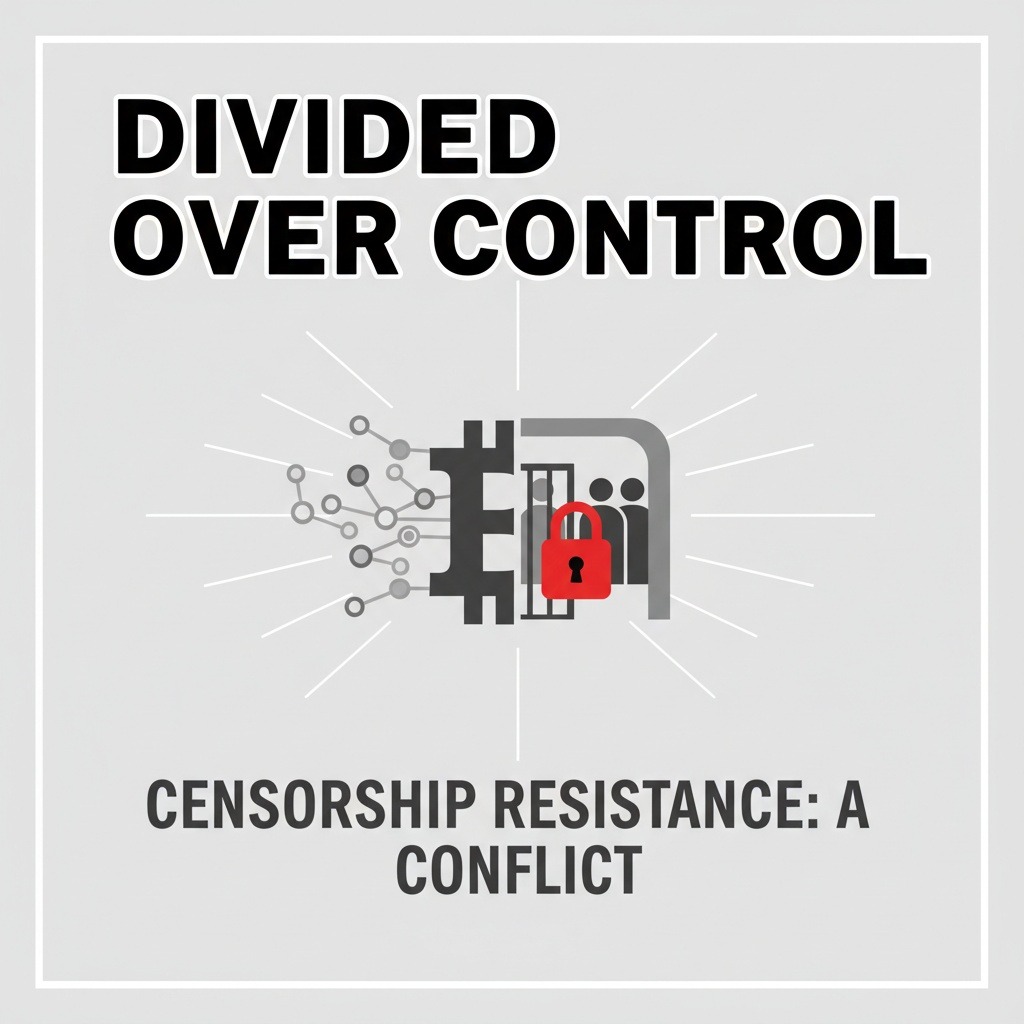The ongoing saga within the Bitcoin community intensifies as recent leaks concerning developer Luke Dashjr suggest a potential network upgrade that could empower a select committee to censor certain transactions. This controversy has raised questions about Bitcoin’s foundational principles, particularly its commitment to decentralization and censorship resistance.
According to a report from tech media outlet The Rage on September 25, 2023, Dashjr may be entertaining the idea of a contentious hard fork aimed at establishing a “trusted” committee with authority to retroactively delete illegal content from the Bitcoin blockchain. Observers express concern that such a move would undermine the very essence of Bitcoin as a censorship-resistant medium.
In response to the report, Dashjr took to X (formerly Twitter) on September 26 to label the article as “fake news,” though he did not deny sending the leaked messages that The Rage claims were verified with video evidence. The development has sparked renewed debate on the appropriateness of such control over the blockchain.
Eyal Gruper, CEO of RITREK, a platform dedicated to BTC self-custody, commented that Dashjr’s proposal could fundamentally erode Bitcoin’s neutrality. “If a small group can block transactions based on their biases, Bitcoin ceases to be true to its vision,” he stated. This sentiment reflects a widespread worry that human intervention in transaction validation could lead to biases and unfair censorship.
Eneko Knörr, co-founder and CEO of yield-bearing stablecoin project Stabolut, echoed these concerns, asserting that the strength of Bitcoin is its decentralized nature and resistance to censorship. Any governance introducing a committee to filter transactions “would seriously contravene Bitcoin’s core principles of freedom and neutrality,” Knörr stated. He emphasized that the recent surge in Ordinals and Inscriptions has reignited this essential debate regarding Bitcoin’s primary function.
Knörr elaborated that although this recent activity had led to temporary network congestion and increased fees, the system has since self-corrected, obviating the need for drastic measures such as those proposed by Dashjr. “Now that transaction fees have stabilized, the argument for such significant changes is losing its ground,” he added.
The conversation around managing non-financial data on the Bitcoin blockchain has been ongoing for several years. As part of the forthcoming release of version 30 of the Bitcoin Core reference client in October, developers plan changes to how nodes handle data relayed via OP_RETURN, a field that allows users to attach minor data, including notes or URLs.
Dashjr and advocates of alternative node client Bitcoin Knots stand opposed to these changes, arguing they may facilitate the proliferation of inappropriate content on the blockchain. Past studies, including one from RWTH Aachen University in 2018, identified the blockchain’s repository of non-financial data, which included links to objectionable content, raising concerns about potential legal ramifications in various jurisdictions.
The mixed reactions to The Rage article illustrate the Bitcoin community’s division over this issue. Blockstream CEO Adam Back remarked on X that Dashjr’s alleged proposal contributes directly to the kinds of censorship technologies he and others had previously warned against. The controversy thus continues to encapsulate a critical junction for Bitcoin’s future: balancing the desire for censorship-free transactions against the societal implications of illegal or harmful content on the blockchain.



